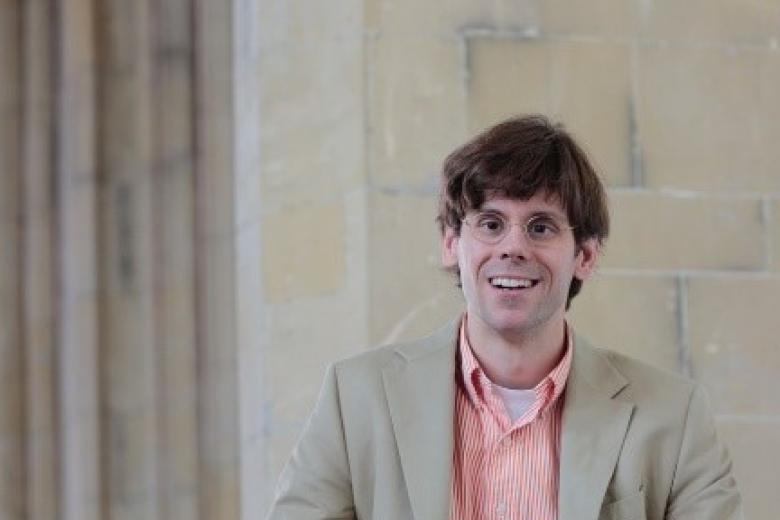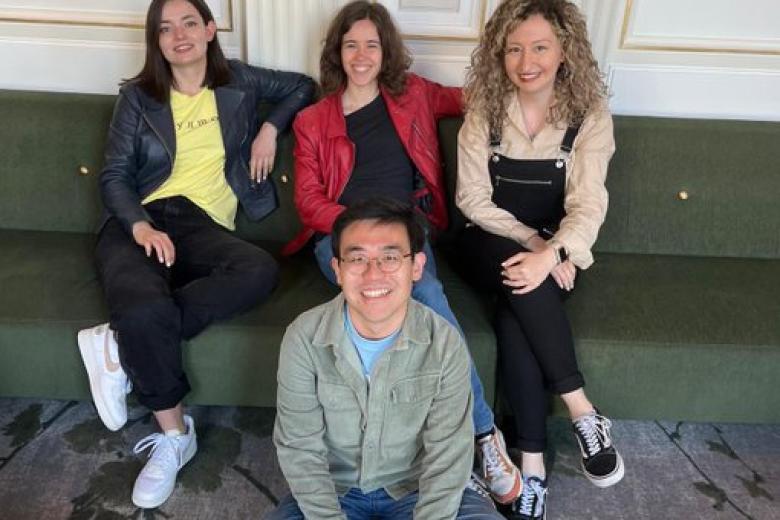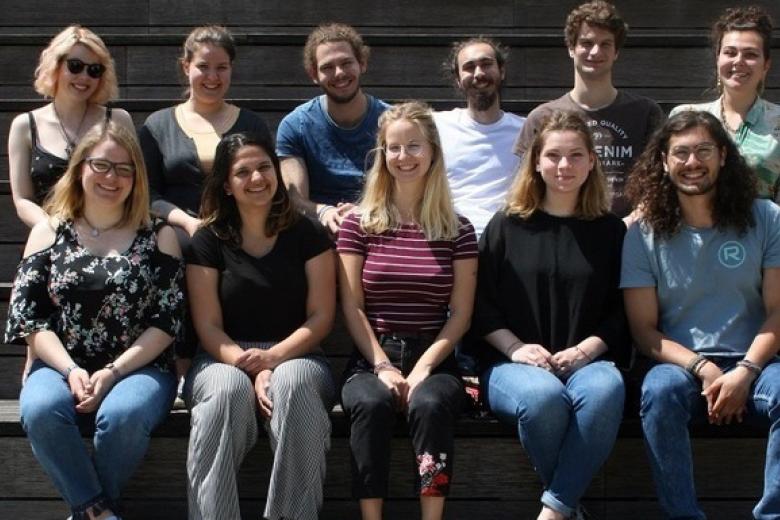Search results
24965 results
- SBE - Sustainability 2025-2026.pdf (224.79 KB, PDF)… Full period of this minor: period 1 & 2, possibility to add on period 3 ECTS credits in total of this minor: 25 ECTS (possibility to add on 5 ECTS - which totals to 30 ECTS) Maximum number of participants: 60 (first come, first serve but with the condition to have an even spread among programmes) Minor description: Sustainable development - development that meets human needs while conserving Earth's life support systems - has emerged as one of the key concepts of our contemporary … component in the sustainable development debate. For example, the first principle of the seminal 1992 United Nations Rio Declaration on Environment and Development states that “Human beings are at the centre of concerns for sustainable development. They are entitled to a healthy and productive life in harmony with nature”. Similarly, the World Health Organization argues that ‘sustainable development cannot be achieved when there is a high prevalence of debilitating illnesses, and population health cannot be maintained without ecologically sustainable development’. Throughout the course, students will reflect on the (central) role of human health in the sustainable …
- SBE - Sustainability 2024-2025.pdf (224.76 KB, PDF)… Full period of this minor: period 1 & 2, possibility to add on period 3 ECTS credits in total of this minor: 25 ECTS (possibility to add on 5 ECTS - which totals to 30 ECTS) Maximum number of participants: 60 (first come, first serve but with the condition to have an even spread among programmes) Minor description: Sustainable development - development that meets human needs while conserving Earth's life support systems - has emerged as one of the key concepts of our contemporary … component in the sustainable development debate. For example, the first principle of the seminal 1992 United Nations Rio Declaration on Environment and Development states that “Human beings are at the centre of concerns for sustainable development. They are entitled to a healthy and productive life in harmony with nature”. Similarly, the World Health Organization argues that ‘sustainable development cannot be achieved when there is a high prevalence of debilitating illnesses, and population health cannot be maintained without ecologically sustainable development’. Throughout the course, students will reflect on the (central) role of human health in the sustainable …
- Document Suïcide Preventie Maastricht University 2023.pdf (620.52 KB, PDF)… bij studenten in acute psychische nood? Euregenas Toolkit Zelfmoordpreventie, -interventie en –postventie op school (blz. 32 – 35) Met dank aan: 113 Zelfmoordpreventie, voor de feedback op de conceptversie van dit document. What to do to help someone with suicidal behaviour/thoughts: If you believe you may be dealing with someone with suicidal behaviour/thoughts, seek assistance from a colleague immediately. ©Maastricht University 7 That way, you and your colleague can approach the person … suicidal behaviour/thoughts: name, address, telephone number, email address their GP their mental healthcare provider, if applicable their support system (partner, friend, parents). This will increase your chances of reaching the person again if they walk out on the conversation. In these kinds of situations, the GP can usually arrange the right help the quickest. GPs are authorised to involve crisis services and, if necessary, arrange admission to a mental health institution. UM Psychologists … to take the person home or to a GP, or the GP may require payment in advance. Make agreements with your team/faculty on how to deal with situations in which the student cannot immediately cover these costs. This way you avoid having to deal with this when the situation arises. Tips and tools for talking to someone with suicidal behaviour/thoughts Below are a number of questions you can ask to get a sense of the gravity of the situation. If the person is having suicidal thoughts but has not made any …
- Guidelines for AI.pdf (220.44 KB, PDF)… generative AI is a rapidly developing field and that these Guidelines will therefore evolve over time. You are Responsible for Your Use of Generative AI The responsibility for the use of the output of any generative AI, including LLMs, always lies with you, the user. It is your responsibility to ensure that the AI’s output is generated and used in alignment with Dutch and European law. Thus, if you share output that you generated using an AI through your work, you are accountable for it. If you are not willing to take this responsibility, you should not make use of generative AI in the context of your work. Reflect on Ethical Issues Related to AI Use When using AI, reflect on the ethical implications of your use of the AI in the short and long term. For instance, when writing a piece of text with the help of AI, inform yourself of any specific guidelines of the journal, educational institution or … fronts, including the exploitation of cheap labour during the training process and the environmental impact of the data centres powering the AI. We encourage you to inform yourself about such criticisms and to reflect on whether, and if so how, they should influence your use of AI. 2 Never Share Non-Anonymized Information You must never share non-anonymized information relating to your work with a generative AI model. This includes information relating to you, your work, your colleagues, and …
Letter from the University Council
Dear Members of the UM Community,,
A lot of the work of the University Council consists of advising on policy proposals and approving official documents. However, the Council is also a venue to discuss issues that occupy the minds of the members of our community and where the Executive Board...

Webinar "Social-emotional support by peer coaches in acquired brain injury rehabilitation
You are cordially invited to join the webinar "Social-emotional support by peer coaches in acquired brain injury rehabilitation” organised by the Living Lab of Rehabilitation
19 MayLaw PhD representatives – from PhDs, for PhDs
Last spring, we, Anna, Constanta, Haiyang and Naz, were elected by the Faculty of Law as PhD representatives. Thus far, it has been an exciting experience!

